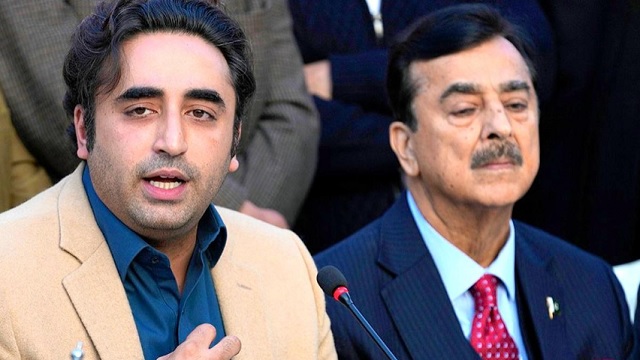Political Deadlock in Pakistan as Coalition Talks Stall
Despite extensive negotiations, the Pakistan Muslim League-Nawaz (PML-N) and Pakistan Peoples’ Party (PPP) have failed to reach a consensus on power-sharing arrangements following the fractured verdict in Pakistan’s February 8 election. PPP Chairman Bilawal Bhutto-Zardari has expressed his concerns, foreseeing a stalemate if there is no flexibility in the negotiation stance. The PPP reportedly seeks significant constitutional positions in exchange for supporting PML-N’s government, a demand that PML-N seems hesitant to meet.
Bilawal Bhutto-Zardari reiterated his party’s unwavering stance, insisting on terms favorable to PPP. He emphasized that any progress depends on the willingness of the other party to adjust its position. However, the prolonged deadlock raises concerns about democracy and the stability of the incoming government.
With allegations of rigging marring the election process, the formation of a government remains uncertain. Independent candidates, mostly backed by Imran Khan’s Pakistan Tehreek-e-Insaf (PTI), hold a significant number of seats, complicating coalition-building efforts. Despite PPP’s efforts to assert its position strategically, challenges persist in forming a viable government, as alliances shift and political dynamics evolve.

